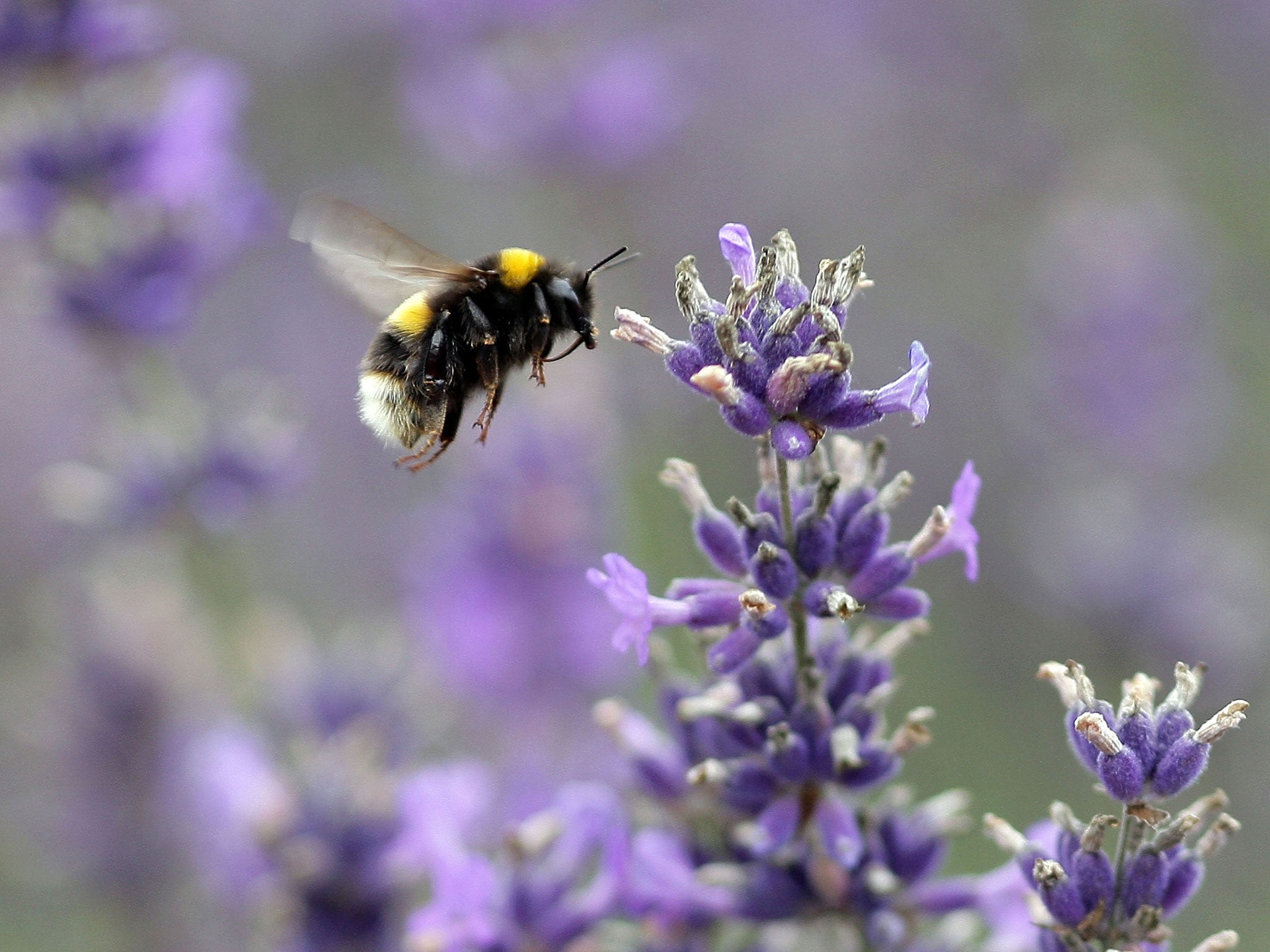Short-haired bumblebees to be released on nature reserve in project which could help reverse UK decline

Your support helps us to tell the story
From reproductive rights to climate change to Big Tech, The Independent is on the ground when the story is developing. Whether it's investigating the financials of Elon Musk's pro-Trump PAC or producing our latest documentary, 'The A Word', which shines a light on the American women fighting for reproductive rights, we know how important it is to parse out the facts from the messaging.
At such a critical moment in US history, we need reporters on the ground. Your donation allows us to keep sending journalists to speak to both sides of the story.
The Independent is trusted by Americans across the entire political spectrum. And unlike many other quality news outlets, we choose not to lock Americans out of our reporting and analysis with paywalls. We believe quality journalism should be available to everyone, paid for by those who can afford it.
Your support makes all the difference.A bumblebee species that had become extinct in Britain will get a second chance on Monday when a new generation of queens is released in the south-east of England.
In rare piece of good news for the blighted insects, which have suffered a 32 per cent decline across all UK species, experts spent two weeks collecting short-haired bumblebees from farmland in southern Sweden, where numbers are rising. Today they will be reintroduced to an RSPB reserve at Dungeness in Kent.
The project began last year with a pilot re-introduction following four years of work with farmers to create the ideal wildflower habitat across Romney Marsh and Dungeness.
Conservationists hope all of the UK’s bumblebees may soon benefit from similar projects. Of the 25 native species, seven are declining and two are extinct.
The last reported sighting of the short-haired bumblebee was in 1988. Britain has also lost 97 per cent of its wild flower meadows over the past 70 years due to increasing urbanisation and agricultural intensification.
Join our commenting forum
Join thought-provoking conversations, follow other Independent readers and see their replies
Comments